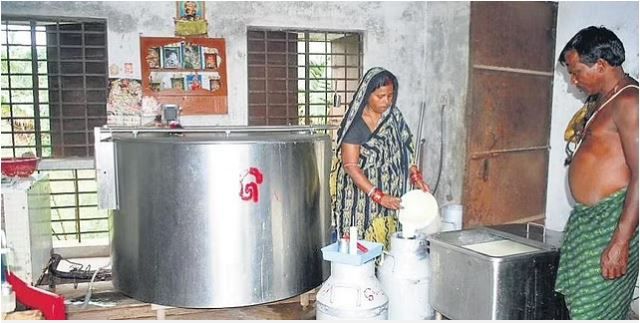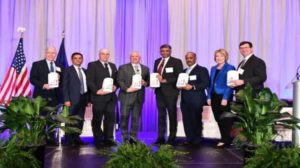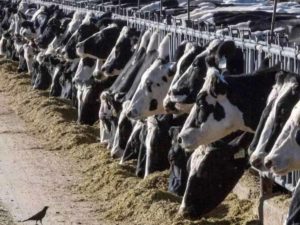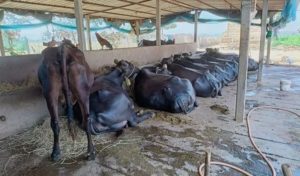Shortage of cattle feed has hit milk production in Jagatsinghpur and Kendrapara districts. Even as the water level of major rivers of the State is going down, the shortage of cattle feed in the past week has affected milk production in the flood-hit districts. In Jagatsinghpur, as many as 27,261 cattle including 17,900 cows and buffaloes along with 9,361 goats and sheep were affected by the flood in 82 villages of seven blocks. Even after a week, little has improved in 26 villages of the district where 18,173 people remain marooned.
Large tracts of grazing land remain inundated depriving cattle of fodder. Dhaneswar Das, a dairy farmer of Dasmantpur in Tirtol block said each milch cow he owns yields 10 litres of milk daily. A cow needs six kg of cattle feed and 20 to 30 kg of green fodder and straw. “Instead of the required amount, we have received only one to two kg cattle feed which is not sufficient,” he said. Sarpanch of Kolar panchayat Umesh Kumar Behera said around 5,000 people and 3,500 domestic animals have been hit by the flood. Hundreds of dairy farmers have been affected in Dasmantpur.
Chief district veterinary officer Bira Kishore Parida said dairy farmers in the affected villages of the district have been given cattle feed for 10 days. As many as 56 camps were opened in the affected villages where 15-ton cattle and 14 quintal green fodder were supplied to the affected farmers. Manager of Nuapada Milk Chilling Plant, Tirtol Lalit Kumar Patra said milk production at the plant has come down to 35,000 litres per day against 55,000 litres before the flood.
Similar is the plight of dairy farmers in Kendrapara. One such farmer, Madhusudan Das of Gobindapur in Aul block said his three cows have been starving for the last five days due to the non-availability of fodder. Secretary of Samagudia Milk Cooperative Society Keshab Charan Das said around 6,000-litre milk was collected from farmers which were then supplied to Odisha State Cooperative Milk Producers’ Federation Ltd (OMFED). But the collection has dwindled to only 250 litres in the last one week.
Samarendra Jena, an employee of the milk chilling centre at Karandiapatana village said earlier that 1,200 dairy farmers used to supply milk to the centre. But now milk is collected from only 300 villagers. Unit in charge of OMFED, Kendrapara Chittaranjan Panda said the cooperative used to procure 50,000 litre of milk from around 7,000 dairy farmers from across the district daily. “Several farmers have stopped supplying milk to us due to the flood. At present, we are collecting around 35,000 litres from the farmers,” he said.










